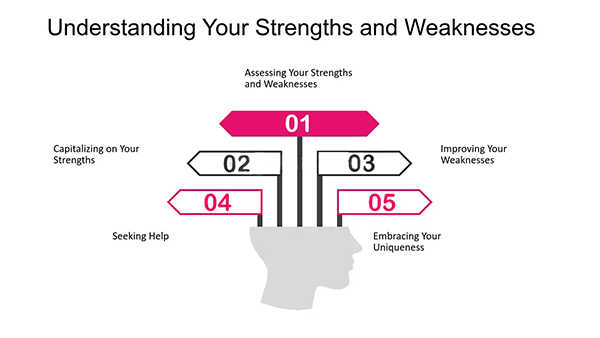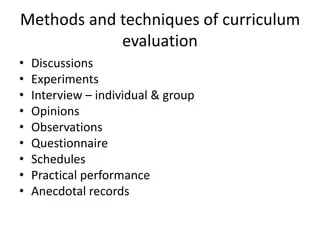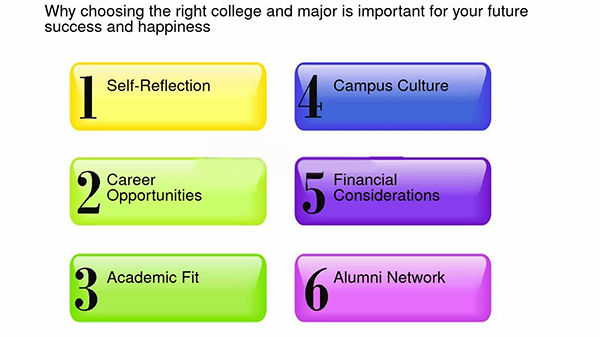
Deciding what to study in college can be the most shaping decision of your life. After all, it is the only thing that is going to shape your personal and professional life, which is why it can be a little overwhelming sometimes.
Choosing a major can be tricky, this is especially when you have multiple options available or just simply not sure what kind of career you want to pursue.
But you know what, it’s totally normal, in fact, there are about 20 to 50 percent of freshmen students who are undecided. And at least 75% are going to change their career at least once in their college career. (Source: Liz Freedman Report)
Well, fear not my friend, as in this read I’ve put together a list of 8 master tips that can help you choose the right major that suits all of your interests.
Let’s dive in!

Getting to know yourself is probably the most instructive aspect here, as it helps you understand all of your strengths, weaknesses, values, personalities, and interests.
So, start by reflecting on what you’re truly interested in and what makes you happy, as enjoying your studies can go a long way in having a positive time in college.
It is also important to look into the career options you will have with your college major. For that, you can go through the job search boards such as LinkedIn or Indeed to find out where your major can take you.
For instance, if you want a career in accounting and finance, you can refer to Plutus Education to gain a globally recognized certificate in the field.
When choosing a college major, it’s important to go through all the relevant skill sets that might be required in the field. Each major requires a unique skill set, for instance, if you’re looking to pursue a career in accounting and finances you will require some strong numerical and critical thinking abilities to survive in the field.

College is a significant investment in your time and money, so make sure that the major you choose is well-structured and up to date in your college. Additionally, it is also crucial to ensure the course you choose does not feel hard on you due to their classes, homework load, and the frequency of exams.
Seeking help from your alumni or anyone who is experienced in the field can offer some solid guidance about the major and how to succeed. They can help you explore different majors and career options that you might have not considered previously. This will help you make an informed decision about your future.
Set some clear-cut objectives that you’re hoping to accomplish in the near future. This can also help you narrow down the major and courses to the ones that can truly help you achieve your goals. You can set your goals by determining the money, work-life balance and other essentials you need in your future job.
Do You Know?
According to the Georgetown University Center on Education and the Workforce, the highest-paying college majors are in health, business, and STEM (Science, technology, engineering, mathematics). And it earns about $3.4 million more than the lowest-paying major over a lifetime.
No matter how many courses you’re considering, it always comes down to the cost and duration of the program, as they must also align with its worth. This involves considering all the major costs during the program, such as tuition fees, cost of study material and other expenses.
On top of that, also consider how much time you’re going to commit to the course. The longer the course, the more in-depth knowledge and hands-on training it’s going to consist of.
Your university experience has the power to literally make or break your outlook towards life. This is why it’s crucial to consider what the university has to offer. This can include the overall vibe and culture of the campus, how active is the placement cell and what exactly is the university ranking in that particular course.

In closing, selecting a college major can be a daunting task as it requires a range of considerations like finding your interests and seeking the expert’s advice. However, with the 8 tips provided in this post, you can gain enough confidence and guidance to make an informed decision about your future.
So, if you ever consider going into the accounting and finance programs like Plutus Education, can be an optimal choice as it often comes with the fine support you need to ace your exam and build a successful career.
Subscribe to our newsletter and get top Tech, Gaming & Streaming latest news, updates and amazing offers delivered directly in your inbox.